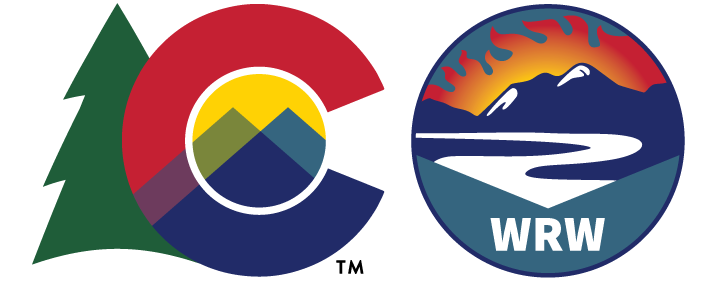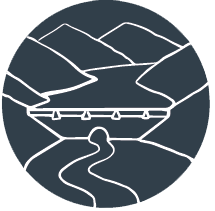
VALUE AT RISK:
Municipal Water
-
Wildfires can cause direct impacts to and operational challenges for drinking water treatment plants. Direct impacts can include damage or destruction of the plant, its intake, conveyance structures, and/or its storage structures. Because water treatment plants function most efficiently when incoming water quality is consistent, a primary post-fire challenge is the variable quality of water delivered from burned watersheds. Water taste, odor, and color may all be affected.
-
Source water assessment and protection (SWAP) has become an increasingly popular management technique for protecting high-quality drinking water supplies. The Colorado SWAP program works with water providers to identify the susceptibility of current and future water supplies to potential contaminant sources and develop plans and policies to protect them.
Water providers can also implement management measures to boost the resilience of their assets. This could include building redundancy into the water supply sources, planning for periods of shutdown by ensuring local storage is adequate, and engineering system components such that rapid system-wide shutdowns and restarts are possible.





